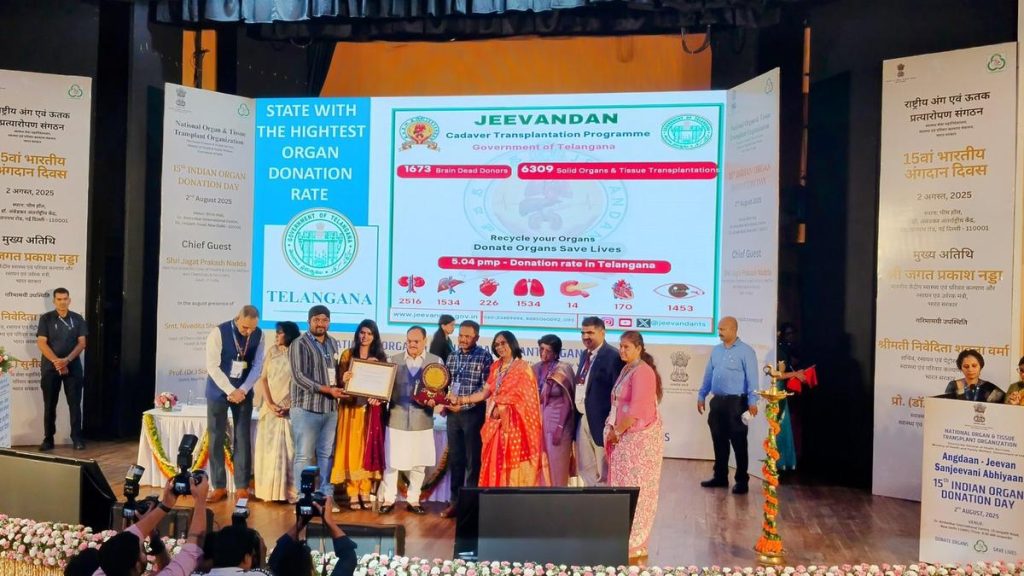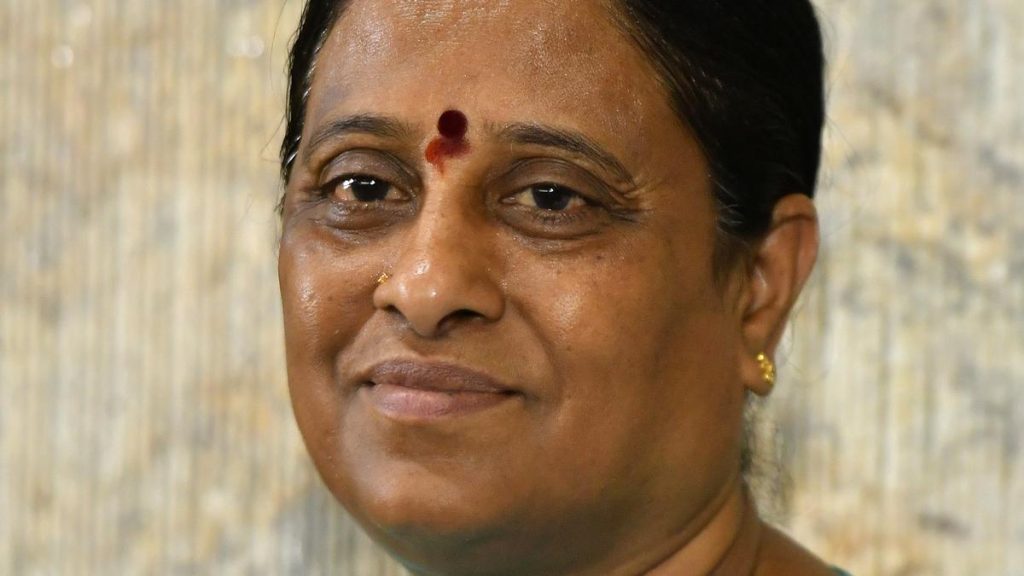Now Reading: District Legal Services Authority Calls for Stronger Action Against Human Trafficking
-
01
District Legal Services Authority Calls for Stronger Action Against Human Trafficking
District Legal Services Authority Calls for Stronger Action Against Human Trafficking

Speedy Summary
- District Legal Services Authority (DLSA) Secretary K. Ratna Prasada described human trafficking as a grave and organised global crime during a seminar marking World Day Against trafficking in Persons.
- Key factors contributing to human trafficking include economic disparity, social inequality, and increasing digital vulnerabilities.
- Traffickers often exploit victims from marginalised communities through deception, such as false promises of jobs or marriage, leading to forced labor or sexual exploitation.
- A multi-pronged approach was recommended to tackle the issue effectively:
– Strengthening coordination between police, border security, and international agencies.
– Increasing surveillance at vulnerable transit points.
– using digital tools for anonymous reporting of cases.
– Conducting regular awareness drives in grassroots communities.
– Ensuring rehabilitation and legal aid for rescued victims.
- The seminar was jointly organised by DLSA-Eluru and the Child Rights Advocacy Foundation at the District Court Complex in Eluru. Participants included judicial officers, law enforcement officials, social workers, and representatives from welfare departments.
Indian Opinion Analysis
Human trafficking remains one of the most pressing crimes globally due to its deeply rooted societal injustices-economic disparity and social inequality-and growing technological vulnerabilities. The emphasis by DLSA Secretary K. Ratna Prasada on community vigilance underscores the critical importance of prevention strategies tailored toward raising awareness among marginalised groups that are more prone to exploitation.The holistic approach proposed during the seminar highlights India’s commitment not only toward addressing trafficking but also rehabilitating affected individuals through legal aid support systems-a key factor in breaking cycles of victimisation. Nonetheless, challenges like inter-agency coordination across borders may require continuous improvement to drive lasting results in combating this complex issue effectively.
As India grapples with such concerns on both national and global fronts, these discussions underscore an urgent need for institutional reforms that fortify resources against exploitation while empowering local communities with better education on risks tied to deceptive practices.
Read more: Published July 30th






















